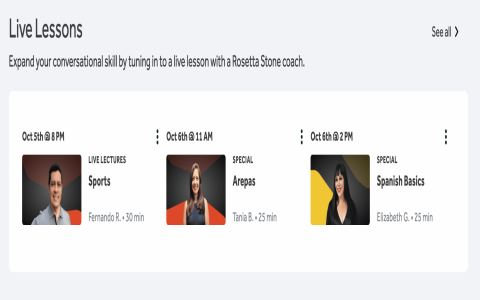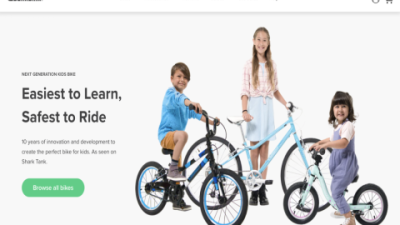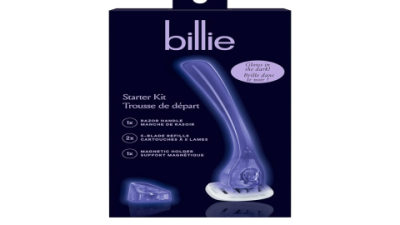Introduction
Picking the right language learning tool isn’t easy with so many choices out there. Rosetta Stone has been around for a long time and is practically a household name, but does it actually help you learn a new language in 2025? This review digs into what makes Rosetta Stone unique, shares honest opinions from users, and compares it with other popular language platforms. If you’re on the fence about trying Rosetta Stone, this article aims to give you all the info you need.
What Exactly Is Rosetta Stone?
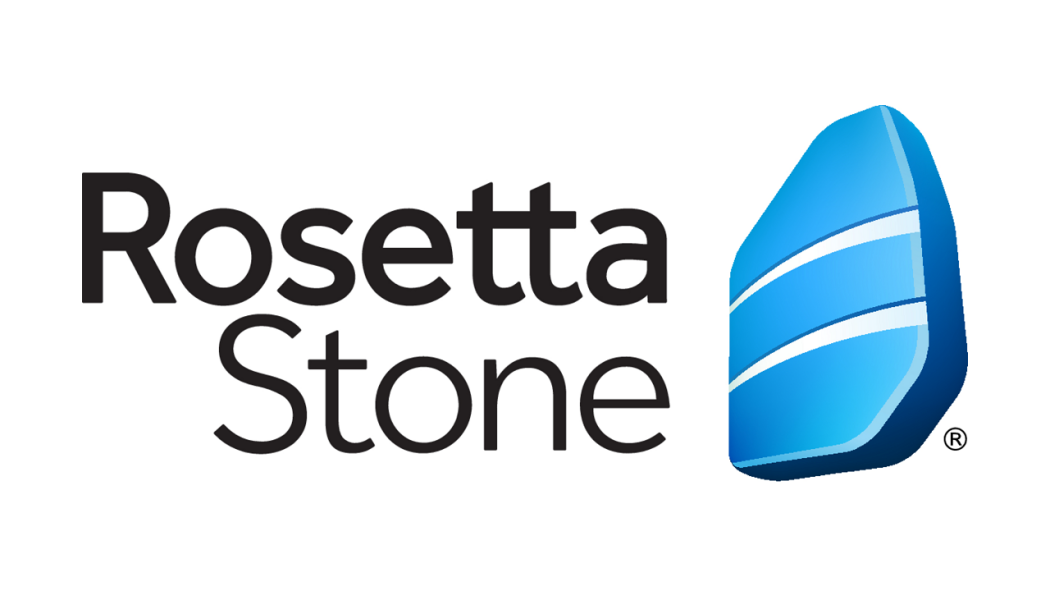
Rosetta Stone is a long-trusted language learning program that offers more than languages. Unlike traditional courses, it uses immersive lessons—think of learning through pictures, audio, and real-life scenarios rather than just memorizing vocabulary. The platform works on desktop, web, and through a well-designed mobile app, making it handy whether you’re at home or on the go.
Who’s Looking for Rosetta Stone Reviews?
- People new to language learning and unsure where to start
- Anyone comparing paid tools to free apps
- Learners deciding between Rosetta Stone, Duolingo, Babbel, or Pimsleur
- Those hoping for a good deal or trial period
- Folks curious if Rosetta Stone’s still effective today
Main Features & User Experience
- Immersive Lessons: Say goodbye to constant translation. Rosetta Stone uses matching games, pronunciation practice, and scenarios you’d actually use in real life. This approach helps you think and respond in your target language.
- Speech Recognition: Their TruAccent technology gives feedback on your pronunciation—a huge plus if you want to sound natural.
- Flexibility: The mobile app works both online and offline, so you can squeeze in a lesson on a commute or while traveling.
- Live Tutoring: Some plans include live sessions with native speakers. It’s a great way to practice conversation once you’ve covered the basics.
- Wide Language Selection: From Spanish to Japanese, Russian to Arabic, and more.
Pros and Cons
| Pros | Cons |
|---|---|
| Effective immersion—no endless translating | On the pricier side |
| Great speech recognition for better pronunciation | Doesn’t dig deep into grammar |
| Wide choice of languages | Scant cultural info and context |
| Mobile learning and offline access | Some users find it repetitive |
| Ad-free for a focused experience | Limited writing exercises |
| Optional live tutoring | Not a lot of slang or idioms |
Feedback from Real Users
Many people say Rosetta Stone helped them get comfortable speaking and understanding a new language pretty quickly, especially for travel or moving abroad. Parents and adult beginners like the straightforward, ad-free design, which keeps distractions to a minimum. On the flip side, learners with some experience sometimes wish for richer grammar lessons and more cultural context. Several reviewers mention that while the app rarely has issues, the desktop platform occasionally hiccups.
How Does Rosetta Stone Compare?
| Feature | Rosetta Stone | Duolingo | Babbel | Pimsleur |
|---|---|---|---|---|
| Learning Method | Immersion | Gamified | Conversation-based | Audio-driven |
| Languages Offered | 25+ | 30+ | 14 | 50+ |
| Price | Premium | Free & Paid | Paid | Paid |
| Speech Recognition | Yes | Limited | Yes | Yes |
| Live Tutors | In some plans | No | Yes | No |
| Offline Learning | Yes | Yes | Yes | Yes |
Common Questions About Rosetta Stone
- Is Rosetta Stone worth the cost? For those who like to learn by doing and want to avoid ads, it’s a solid investment. The variety of lessons and real-time speech feedback justify the higher price compared to many competitors.
- How fast will you see results? Most beginners notice real progress with listening and speaking skills in a few weeks. Conversational ability can develop in a couple of months if you’re consistent.
- Can it make you fluent? Rosetta Stone is a strong starting point but, to reach fluency, it’s best to add real conversation practice and cultural exposure outside the app.
- Does it come with a guarantee? As of July 2025, there’s a 30-day money-back guarantee on most plans. Always double-check this when you sign up, just in case policies change.
- Best for visual or auditory learners? Absolutely. Lessons combine spoken words, written text, and images, making it flexible for different learning preferences.
Final Verdict
Rosetta Stone is still one of the best choices in language learning for beginners, travelers, and families in 2025. It stands out for its immersive method, excellent pronunciation tools, and the clean, ad-free experience. While advanced learners might crave deeper grammar lessons and more cultural depth, pairing Rosetta Stone with podcasts or speaking practice can round out your skills nicely.
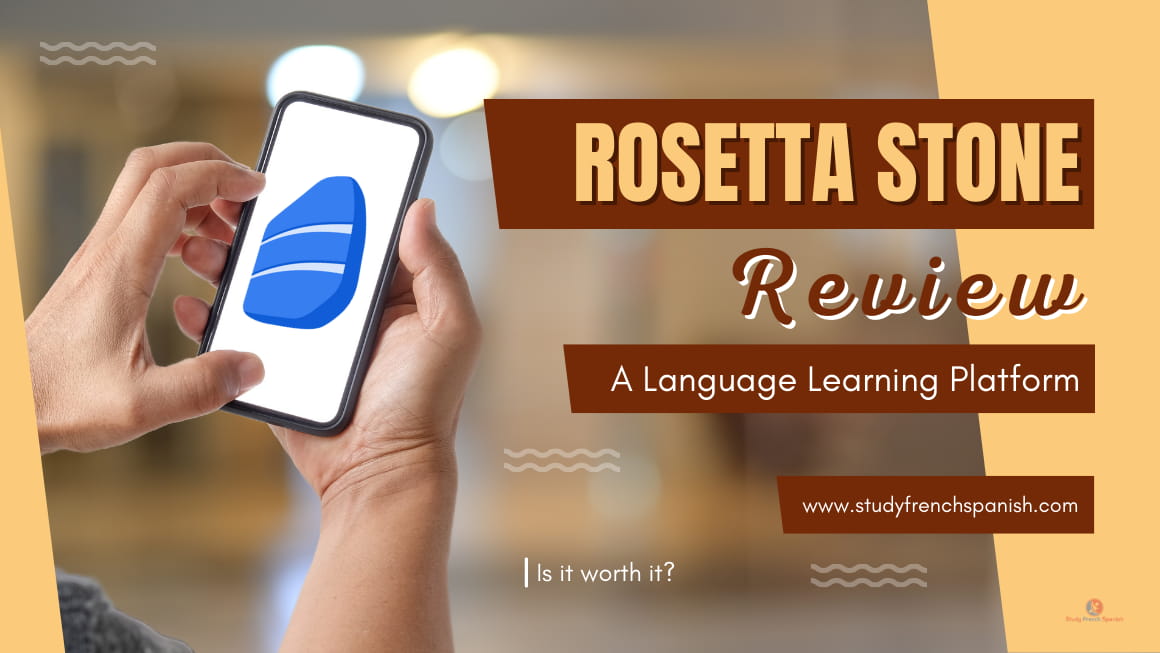
If you’re ready to try a structured, intuitive approach to language learning and you prefer a focused environment without ads or distractions, Rosetta Stone is absolutely worth considering. With a risk-free trial, there’s little to lose—and you might just discover a knack for picking up a new language faster than you expected.
